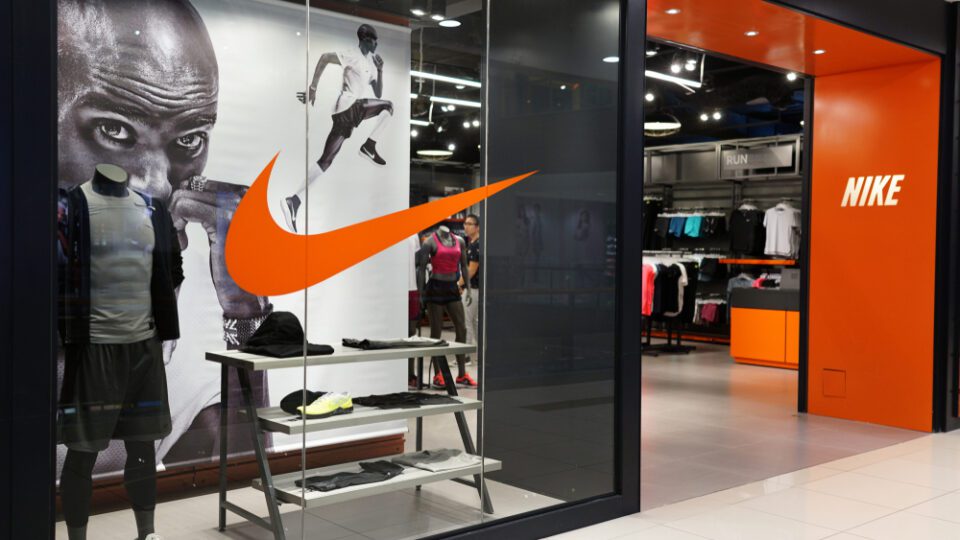Prompted by consumer demand, retailers have been making bigger commitments to Environmental, Social and Governance (ESG) efforts, but some are facing challenges in the environmental aspect. Crocs has announced that it will push back its timeline to reach net-zero carbon emissions by a decade to 2040, while Nike is facing a lawsuit that accuses the retailer of greenwashing by “falsely and misleadingly” marketing certain products as sustainable and environmentally friendly.
Acquisition of HeyDude Causes Net-Zero Delay for Crocs
Crocs attributed the delay of its ESG efforts, which initially promised a net-zero carbon footprint by 2030, to the acquisition of HeyDude and the growth associated with the addition of a new brand. Crocs has worked to align HeyDude with its overall ESG goals, as outlined in its 2022 Comfort Report, but the brand’s sustainability journey in particular will now take longer.
Despite the setback, Croc’s has continued to develop its ESG strategy and will organize its ongoing efforts around four pillars:
- Individuality: Fostering an inclusive workforce;
- Circularity: Innovating for a circular economy;
- Climate stability: Mitigating climate change and reducing carbon; and
- Community: Reimagining systems to unlock opportunity.
“Our organization has seen tremendous growth and transformation in the past year, and our business looks different today with the expansion of our brand portfolio than when we set our initial goals in 2021,” said Andrew Rees, CEO of Crocs in a statement. “This report captures our hard-earned progress, essential learnings and the bold ambitions we continue to aspire to as an organization. We are pleased with the progress we have made in our ESG journey and are as committed as ever to becoming a more sustainable and equitable global organization.”
Nike Accused of Greenwashing
The complaint against Nike, which was filed in the U.S. District Court for the Eastern District of Missouri, claims that the shoe retailer misled shoppers about products in its sustainability collection. According to the complaint, products in the line are “predominantly made with virgin synthetic materials,” including plastic-based materials that aren’t biodegradable even if they are recycled. The lawsuit claims that “only 239 products are actually made with any recycled materials” out of the collection’s 2,452 items.
The plaintiff believes this is in violation of the Missouri Merchandising Practices Act, and also cites the FTC’s Green Guides, though the latter doesn’t contain enforceable regulations. Ellis is seeking to have the lawsuit certified as a federal and state class action.













